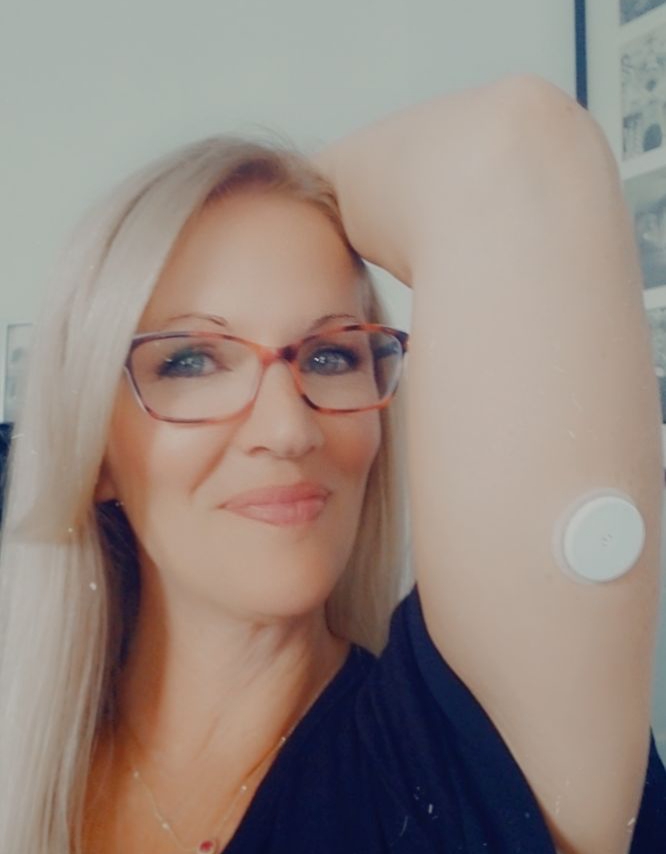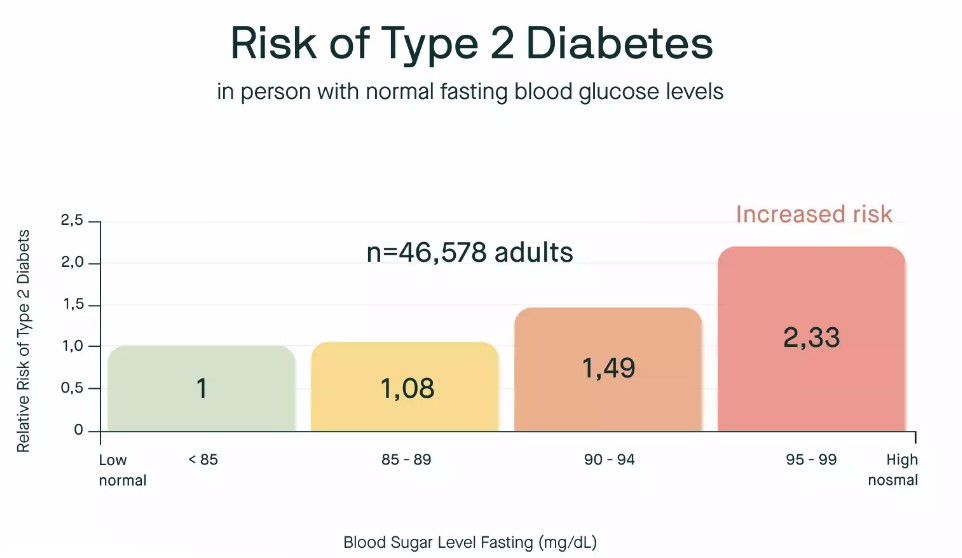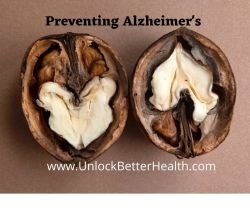
Insulin resistance, metabolic syndrome, and type 2 diabetes have reached epidemic proportions. In the U.S. today, someone dies from diabetes-related causes every ten seconds, and recent reports suggest that one-third of people born in 2010 will develop diabetes at some point in their lives. Nearly 10 percent of American adults have type 2 diabetes and 25 percent have pre-diabetes.
Metabolic health is commonly defined as the absence of metabolic syndrome, an umbrella term for a cluster of risk factors that can lead to type 2 diabetes and cardiovascular disease.
Simply put, if you have high blood pressure, high blood sugar, excess body fat, or elevated cholesterol or triglyceride levels, you may be at higher risk of conditions like type 2 diabetes, heart disease, and stroke.
The conventional medicine approach has long been centered around a “wait and see” mentality and even prophylactic drug therapy, but this is not working. We need clear prevention strategies that invoke lifestyle and diet recommendations that work. Ask for your Hemoglobin A1c and Fasting Insulin to be run with every blood panel you get.
First introduced in the late 1990s as an alternative to standard glucose testing, continuous glucose monitors (CGM) are small, non-invasive devices. They stay on the back of your arm for two weeks and measure your glucose values 24/7.
The CGM was initially developed as a life-saving tool for people with diabetes, quickly becoming an invaluable tool for diabetes management. Over the decades, the sensors have improved, costs decreased, and the technology is now available to a broader audience.
CGMs are now an excellent tool for anyone who wants to optimize their metabolic health.

Most generally healthy people have likely never thought twice about their metabolic health, but it might surprise you that only 12 percent of Americans are actually metabolically healthy. That’s right—only 1 in 8 American adults currently has optimal levels of things like HDL cholesterol, body fat, blood glucose, and blood pressure.
How Do You Know if You're Metabolically Healthy?
One of the best ways to determine whether you're metabolically healthy is to visit your doctor, so don't avoid those routine checkups and lab tests.
But since good metabolic health typically means having optimal levels of a few key health markers, here are a few things that may help you figure out how healthy you are:
- Daily average glucose <105 mg/dL (but remember, normal blood sugar levels vary depending on various factors, including age).
- Triglyceride values <150 (normal) and <90 (optimal).
- High-Density Lipoprotein (HDL) cholesterol values >60.
- Blood Pressure <120/80.
- Waist Circumference below 35 inches for women and 40 inches for men.

CGMs Encourage Optimal Health
CGMs are just one tool that can give you more insight into metabolic health, especially when it comes to monitoring your blood sugar levels.
According to Dr. Daniel Brito Guzmán, M.D., an assistant professor at the Heart and Vascular Institute at West Virginia University, understanding pre-prandial (pre-meal) and postprandial (post-meal) glucose levels can help folks learn what they can eat. It can also help them understand portions related to glucose elevation and use this information to maintain stable glucose levels.
Uncontrolled glucose levels and insulin resistance are a precursor to metabolic syndrome and diabetes mellitus. At the same time, controlled glucose levels can help reduce overstimulation of the pancreas and impact chronic inflammation.
So, glucose monitoring is key to optimizing your health and preventing various chronic health conditions.
How CGMs Benefit Healthy People
For healthy people, CGMs are a relatively new bio-hacking tool. According to Dr. Brito, healthy individuals can benefit from glucose monitoring by understanding how the pancreas and insulin work to maintain healthy blood sugar levels.
For example, if you’re planning on engaging in a strenuous exercise workout and your CGM detects your baseline glucose level as borderline low, you’d want to eat beforehand.
Your blood sugar levels can significantly impact how your body feels and functions. That’s why stable blood glucose levels can be an important factor in supporting overall well-being.
With a CGM, you’ll be able to track your blood glucose levels over time, so you can make lifestyle choices that support healthy living.
When you join my Blood Sugar Revolution program, you get a Nutritional Therapist trained to provide additional support and guidance for 3 months to help you reach your goals. Check out what is included here. We start on January 9, 2023.


